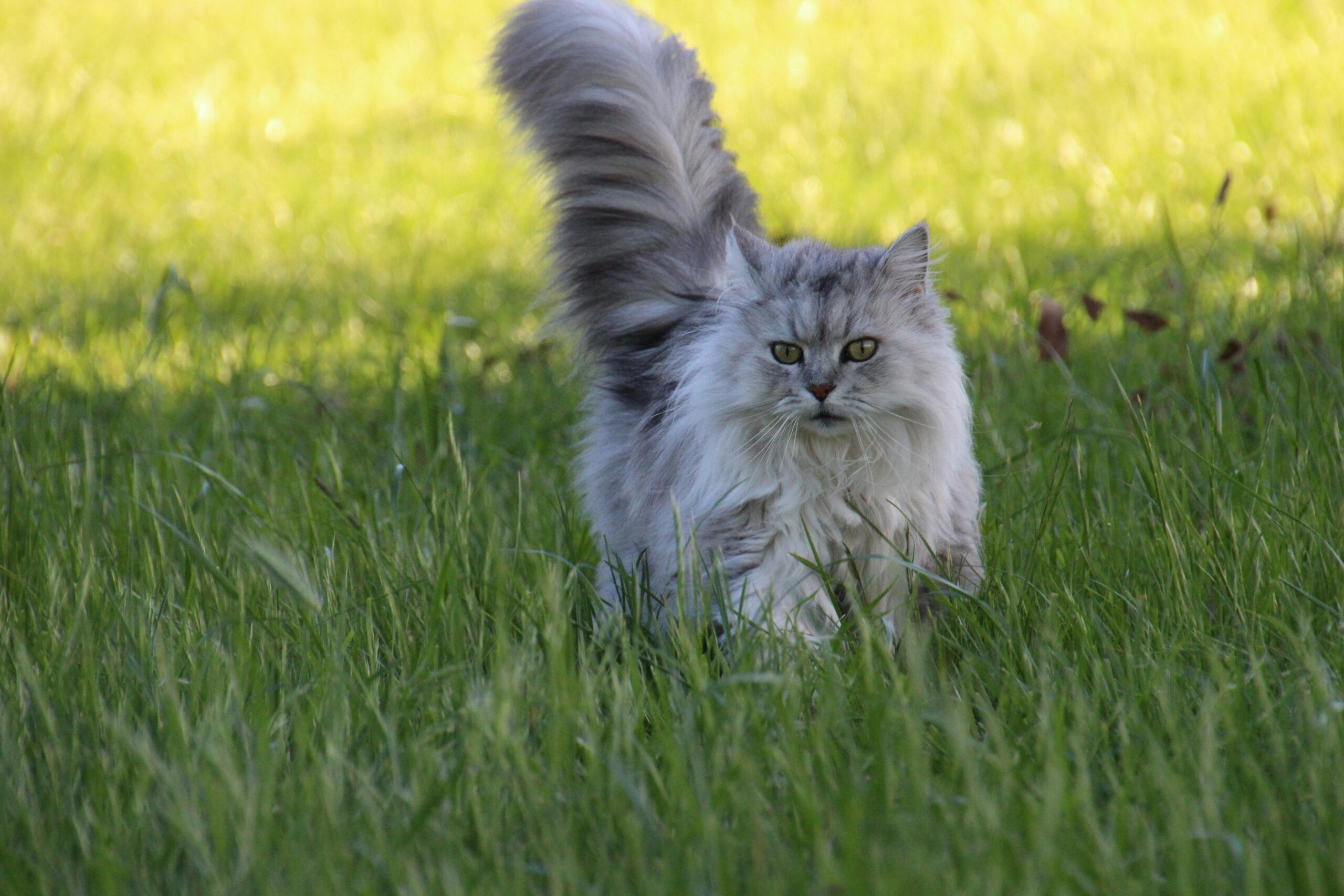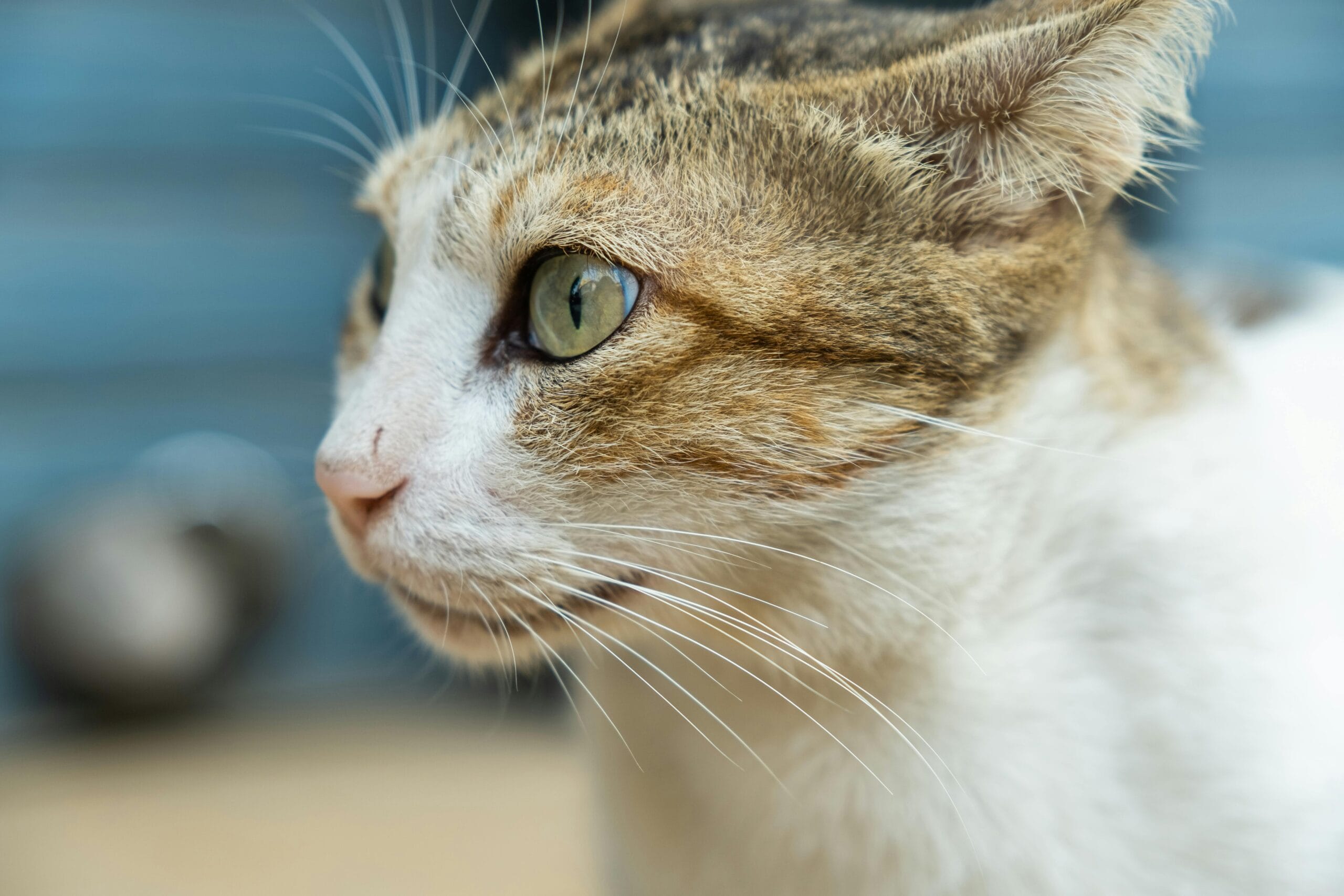Can cats eat pistachios? Are pistachios safe for cats? Discover the truth about pistachio toxicity in cats and learn crucial information to protect your feline friend. Find out now!
Can Cats Eat Pistachios? A Comprehensive Guide to Pistachio Toxicity in Cats
The question, “Can cats eat pistachios?” is one that many cat owners ponder, especially when faced with a curious feline eyeing a dropped nut. While the tempting aroma of pistachios might intrigue your cat, the answer isn’t a simple yes or no. Understanding the potential dangers of pistachios toxicity in cats is crucial for responsible pet ownership. This comprehensive guide will explore the issue of are pistachios safe for cats, delving into the risks and providing you with the knowledge to protect your furry friend.
Are Pistachios Safe for Cats? Understanding the Risks
The short answer is: no, pistachios are generally not safe for cats. While a small amount might not cause immediate harm, pistachios present several potential risks to feline health. These risks stem from various components within the nut itself.
High Fat Content
Pistachios are relatively high in fat. While cats require fat in their diet, an excessive intake can lead to pancreatitis, a serious and potentially life-threatening inflammation of the pancreas. Pancreatitis can cause vomiting, diarrhea, and abdominal pain. This is why it’s crucial to avoid giving your cat any high-fat foods, including many human snacks. Similarly, you should also research whether or not other foods are suitable for your cat. For example, you might want to check out our guide on whether cats can eat sardines to ensure you’re providing a balanced diet.
Salt Content
Many pistachios, especially those that are roasted or salted, contain high levels of salt. Cats are far more sensitive to salt than humans. Excessive salt intake can lead to dehydration, sodium ion poisoning, and even more serious health problems. This is another strong reason to keep pistachios and other salty snacks away from your cat. Just like pistachios, you should also avoid giving your cat other high-sodium foods.
Potential for Choking
The size and shape of pistachios pose a choking hazard, particularly for smaller cats or kittens. A whole pistachio could easily become lodged in their throat, causing respiratory distress. Even if they manage to chew the pistachio, the shell fragments can pose a further risk. Think of the potential problems with other small foods and check whether cats can have cherries, and if so, how many and how often.
Other Potential Allergens
Like many nuts, pistachios can be a potential allergen for some cats. An allergic reaction can manifest in various ways, including skin irritation, vomiting, diarrhea, and respiratory problems. If you suspect your cat has consumed pistachios and is exhibiting any allergic symptoms, seek veterinary attention immediately.
Can Cats Eat Pistachios? The Long-Term Effects of Consumption
The immediate effects of pistachio consumption may be subtle or go unnoticed in some cats. However, the long-term consequences of regular or excessive ingestion can be significant. The high fat content can contribute to obesity, leading to a range of health issues like diabetes and heart disease. The excess salt can damage their kidneys and increase blood pressure, putting added stress on their overall health. This illustrates the importance of carefully monitoring their diet. For instance, if you’re considering supplementing your cat’s diet with plant-based options, you should thoroughly check if cats can have lettuce before introducing it into their meals.
What to Do if Your Cat Eats Pistachios
If you suspect your cat has eaten pistachios, monitor them closely for any signs of distress. These signs may include vomiting, diarrhea, lethargy, or difficulty breathing. The severity of the symptoms will depend on the amount of pistachios consumed and the individual cat’s sensitivity. For smaller amounts, close monitoring is sufficient. However, if you notice any significant symptoms, contact your veterinarian immediately. They can provide appropriate advice and treatment based on your cat’s condition and the amount of pistachios they ingested. The ASPCA Animal Poison Control Center is also a great resource for immediate guidance; you can find their contact information online.
Pistachios Toxicity in Cats: Prevention is Key
The best approach to preventing pistachios toxicity in cats is simple: avoid giving them any pistachios. Keep pistachios and other potentially harmful foods out of your cat’s reach. Store them in sealed containers or in places inaccessible to your curious feline. Educate family members and guests about the dangers of feeding cats human food.
Providing your cat with a balanced and appropriate diet is also crucial for their overall health. If you are unsure about the suitability of any human food for your cat, consult your veterinarian or refer to reputable online resources, such as the one mentioned above. Considering healthy alternatives for your furry friend is vital. For instance, if you’re looking for a non-dairy milk alternative, check out our article about whether cats can have almond milk.
Comparing Pistachios to Other Human Foods
Many human foods pose similar risks to cats as pistachios. Understanding these risks helps ensure your cat’s well-being. For example, just like pistachios, grapes are another food that is toxic to cats. To learn more, refer to our article on whether cats can eat grapes. This highlights the importance of careful consideration when introducing any human food into your cat’s diet.
Further Research and Expert Opinions
For more in-depth information on pet toxicology and safe foods for cats, you can consult these credible resources:
ASPCA Animal Poison Control Center – This resource provides valuable information and emergency contact details for pet poisonings.
Vets Now – Vets Now offers detailed information on toxic substances for cats, including various foods.
Conclusion: Safeguarding Your Cat’s Health
In conclusion, while the allure of pistachios might be tempting for your cat, the potential risks of pistachios toxicity in cats far outweigh any perceived benefits. By understanding the dangers associated with high fat content, salt levels, choking hazards, and potential allergies, you can actively protect your beloved feline companion. Remember, prevention is key. Keep pistachios out of reach, and always prioritize your cat’s health and well-being by providing them with a balanced diet appropriate for their species.
Share Your Experiences!
Have you ever had a close call with your cat and human food? Share your experiences and tips for keeping your feline friends safe from potentially harmful foods in the comments section below! Let’s create a community of informed and responsible cat owners who prioritize the well-being of their furry companions. Use the keywords Can Cats Eat Pistachios, are pistachios safe for cats, pistachios toxicity in cats in your comments to help others find relevant information.

Frequently Asked Questions: Can Cats Eat Pistachios?
- Can cats eat pistachios?
- No, cats should not eat pistachios. While not fatally toxic in small amounts, pistachios present several risks to cats.
- Are pistachios safe for cats?
- Pistachios are not safe for cats. They contain fats and oils that can cause digestive upset, and the shells pose a choking hazard. The question of “are pistachios safe for cats” is best answered with a definitive no.
- What happens if a cat eats a pistachio?
- A small amount might cause mild digestive issues like vomiting or diarrhea. Larger amounts can lead to pancreatitis or other more serious problems. Monitor your cat closely.
- Is pistachio toxicity in cats a serious concern?
- Pistachio toxicity in cats isn’t typically life-threatening from a single small exposure, but repeated ingestion or large quantities can cause significant health problems. It’s best to avoid any exposure.
- My cat ate a pistachio, should I be worried?
- If your cat ate only a small piece, monitor for vomiting, diarrhea, or lethargy. If you’re concerned, or if your cat ate a large amount or seems unwell, contact your veterinarian immediately.
- Are salted pistachios more dangerous for cats than unsalted ones?
- Yes, salted pistachios are more dangerous due to the high salt content, which can lead to salt poisoning in cats. This is in addition to the other risks associated with pistachios.
- Can pistachios cause an allergic reaction in cats?
- While not a common allergen, some cats may experience an allergic reaction to pistachios. Symptoms could include itching, swelling, or difficulty breathing. Seek veterinary attention if you observe any allergic reaction.
- What should I do if my cat eats a lot of pistachios?
- Contact your veterinarian immediately. This is a serious situation that requires professional veterinary attention to mitigate potential complications.
- Are there any nuts that are safe for cats to eat?
- It’s best to avoid giving your cat any nuts. While some sources may claim small amounts of certain nuts are okay, the risks generally outweigh the potential benefits. Stick to cat-specific treats.
- Why are pistachios bad for cats?
- Pistachios contain high levels of fats and oils which are difficult for a cat’s digestive system to process. They also pose a choking hazard, and the salt content in many pistachios can be toxic.

Can Cats Eat Pistachios? A Guide to Feline Nutrition
The short answer is: no, cats should not eat pistachios. While a small amount might not cause immediate harm, pistachios present several potential health risks for your feline friend. These nuts contain high levels of fat, which can lead to pancreatitis in cats, a serious and potentially fatal condition. Additionally, pistachios can cause digestive upset, including vomiting and diarrhea. Similar to the concerns around feeding your cat grapes, as discussed in this article about can cats eat grapes, the potential risks outweigh any perceived benefits.
Pistachios also contain certain compounds that can be toxic to cats if ingested in large quantities. Always prioritize your cat’s health and stick to a diet specifically formulated for felines. Just as you wouldn’t give your cat cherries due to their potential toxicity, you should avoid offering pistachios. Providing your cat with a balanced diet is crucial for their overall well-being.
Instead of offering your cat potentially harmful snacks, focus on providing nutritious food tailored to their needs. High-quality cat food will offer all the essential nutrients your cat requires. If you are looking for healthy additions to your cat’s diet, you might wonder about other foods like almond milk or even sardines, but always research thoroughly before introducing new foods. Remember, even seemingly harmless foods like lettuce can have varying effects on different cats.
If your cat accidentally ingests a pistachio or two, monitor them closely for any signs of distress such as vomiting, diarrhea, lethargy, or loss of appetite. If you observe any of these symptoms, contact your veterinarian immediately. Prevention is always better than cure, so keep pistachios and other potentially harmful foods out of reach of your curious cat.
In summary: Avoid feeding pistachios to your cat. Their high fat content and potential toxicity make them a dangerous snack for felines. Consult your veterinarian for any concerns regarding your cat’s diet and always opt for cat-specific foods to ensure their health and happiness.
Can Cats Eat Pistachios, are pistachios safe for cats, pistachios toxicity in cats